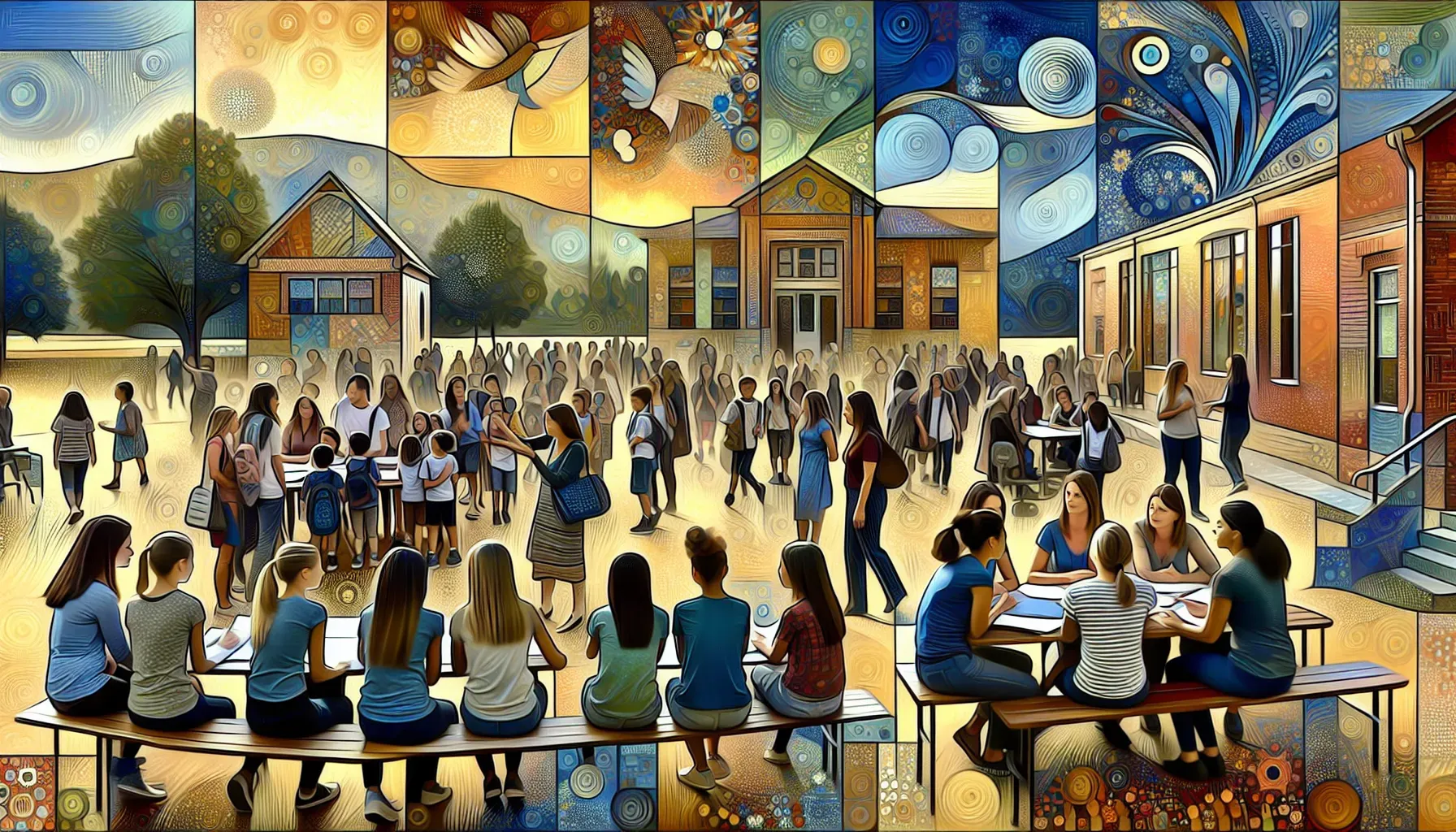Creating Inclusive Environments: Tips for Fostering Acceptance of Autism in Schools and Communities

Educating peers about autism is crucial in fostering acceptance in schools and communities. Start by organizing educational sessions where students can learn about the characteristics of autism, how it affects individuals, and the importance of embracing neurodiversity. Encourage open discussions, allowing peers to ask questions and express their thoughts in a respectful environment. Utilize resources such as videos, books, or guest speakers to provide comprehensive insights into autism.
Understanding Autism: Importance of Education and Awareness
Collaborating with teachers and school staff is essential for advocating inclusive practices. Work together to implement strategies that accommodate autistic children's needs in the classroom. This may include sensory-friendly environments, clear communication techniques, and individualized learning plans. Provide training for educators to enhance their understanding of autism and equip them with the tools to support neurodiverse students effectively.
Collaborating with Educators for Inclusive Practices
Facilitating positive social experiences is vital for autistic children's well-being. Create structured activities that promote inclusivity and encourage social interaction. Consider implementing peer support programs where neurotypical students can engage with autistic peers in organized settings. Additionally, organize autism-friendly events within the community, fostering opportunities for autistic children to participate in recreational activities tailored to their preferences and comfort levels.
Empower autistic children to advocate for their own needs and accommodations. Foster open communication by teaching them self-advocacy skills, such as expressing their sensory sensitivities or communication preferences. Encourage them to participate in developing their individualized education plans, allowing them to have a voice in determining the support they require to thrive academically and socially.
Related Article: Cultural Resonance and Inclusion: Redefining Autistic Identities and Perspectives Globally
Creating Positive Social Experiences for Autistic Children
Building supportive networks is key to fostering acceptance within communities. Organize events that bring families and community members together to raise awareness about autism. Encourage discussions that dispel myths and misconceptions while emphasizing the strengths and unique capabilities of autistic individuals. Foster partnerships with local organizations or businesses to advocate for inclusive practices beyond the school environment, promoting acceptance of autism in various community settings.
Empowering Autistic Children through Self-Advocacy
By implementing these strategies, we can create inclusive environments that celebrate the diverse strengths of autistic children while promoting understanding, respect, and acceptance within schools and communities.
Frequently Asked Questions
Schools can promote understanding and respect for autism by organizing educational sessions that inform students about its characteristics and the importance of neurodiversity. Open discussions should be encouraged, allowing peers to ask questions in a respectful setting. Utilizing resources like videos, books, and guest speakers can provide comprehensive insights into autism, fostering a more inclusive environment.
Teachers can support autistic children by implementing strategies such as creating sensory-friendly environments, using clear communication techniques, and developing individualized learning plans. Providing training for educators enhances their understanding of autism and equips them with the necessary tools to effectively support neurodiverse students, ensuring that all children can thrive academically.
Building supportive networks is crucial for fostering acceptance of autism within communities. These networks help raise awareness by organizing events that bring families together and encourage discussions to dispel myths about autism. Partnerships with local organizations promote inclusive practices, enhancing understanding and acceptance of autistic individuals in various community settings.
Check Out These Related Articles

Bridging Cultural Gaps: Intercultural Horizons for Autism Support Practices

Cultural Synergy: Fusing Indigenous Methodologies with State-of-the-Art Techniques for Autistic Children

Exploring the Social Isolation Challenge in Autistic Children
